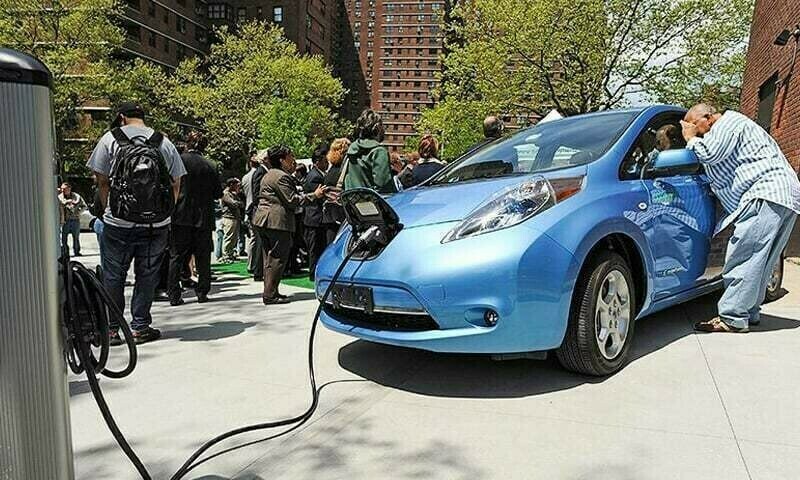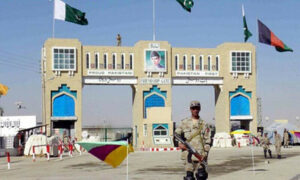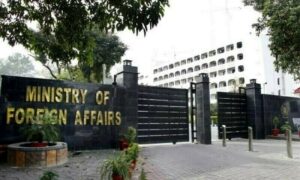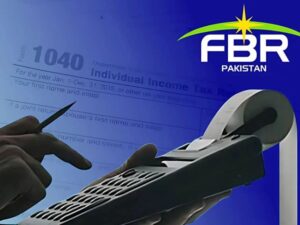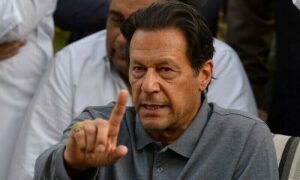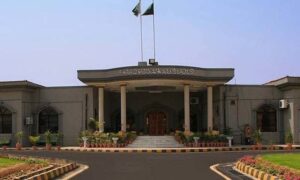KARACHI: The draft of the National Electric Vehicle Policy (NEVP) 2025-30, which includes substantial tax breaks for imports, aims to transform the country’s automotive landscape from fossil fuels to green alternatives. However, assemblers feel the liberal imports of EVs would hurt local manufacturing.
One of the salient features of the policy draft suggests that the NEV category passenger vehicles (cars, SUVs, vans) and light commercial vehicles imported in Completely Built-Up (CBU) condition will be subject to an incentivised 25 per cent customs duty till June 30, 2027, which will be increased to 50pc from July 1, 2027. The sales tax on NEV CBU units will be 10pc. The government has planned to unveil a new NEVP by the end of this month.
These developments have frustrated EV assemblers, who have invested billions of rupees to align with the global shift towards electric vehicles.
The local EV assemblers will not get any benefit from the CBU imports,“ an assembler said, adding there is a need to ban imported EVs to boost local assembly.
Market players say NEV policy drafted to benefit Chinese auto giant
A global EV giant has planned to start local assembly by 2026. Till then, it will flood the market with imported vehicles as the Auto Industry Development and Export Policy (AIDEP) 2021-26 will expire on June 30, 2026. Until then, the new entrants can avail themselves of tax and duty incentives.
Market players and local assemblers believe this new NEVP has been drafted to facilitate a global EV giant in Pakistan before its local assembly begins by 2026. The leading Chinese EV maker aims to become the largest car company in the country by 2030 by selling 100,000 cars.
They believe that preferential treatment has been given to encourage CBU import of EVs, which will only put an additional burden on the foreign exchange and will not create any fresh employment.
However, some experts believe the government wants to create an environment through EV imports to shift customers towards new technology and see their response before the local assembly of EVs.
Consumers’ positive response towards imported EVs will encourage more investors.
In October, the Engineering Development Board (EDB) granted Regal Automobiles a licence to assemble the country’s first electric SUV at its Lahore plant.
The locally assembled electric SUV, the Seres 3, would be available in two variants: the Seres 3 (3.5), equipped with a 49kWh battery and a 5-seater capacity, and the Seres 3 (4.0), featuring a 54kWh battery with the same five-seater capacity. The Seres 3 would be priced at Rs 8,390,000.
The production is set to begin soon at Regal’s state-of-the-art facility in Manga Mandi, and a formal production launch ceremony is expected by the end of this month.
On Sept 23, Sazgar Engineering Works Ltd (SEWL), in a stock filing, shared its plans to introduce the completely knocked down (CKD) model before Dec 31, 2025. The plan also included the expansion of the existing paint shop, construction of new warehousing facilities, installation of a solar system of 4-megawatt and construction, erection, and installation of new manufacturing facilities for the local assembly of NEVs subject to the approval of relevant government regulatory authorities.
On Thursday, SEWL informed PSX that its board of directors approved the purchase of a piece of land measuring nearly 140 kanals valuing approximately Rs1,530 million (subject to actual measurement of land) adjacent to the four-wheeler project to meet future business requirements.
The Sazgar’s board also approved an estimated expansion cost of Rs4.5 billion, excluding land, which will be financed from the internal cash resources.
On Oct 11, Dewan Farooque Motors Ltd (DFML), in a stock filing, said it was successfully assembling EV Honri under toll manufacturing, and the first lot of EVs had been despatched to Eco Greem Motors Ltd.
Published in Dawn, November 15th, 2024

